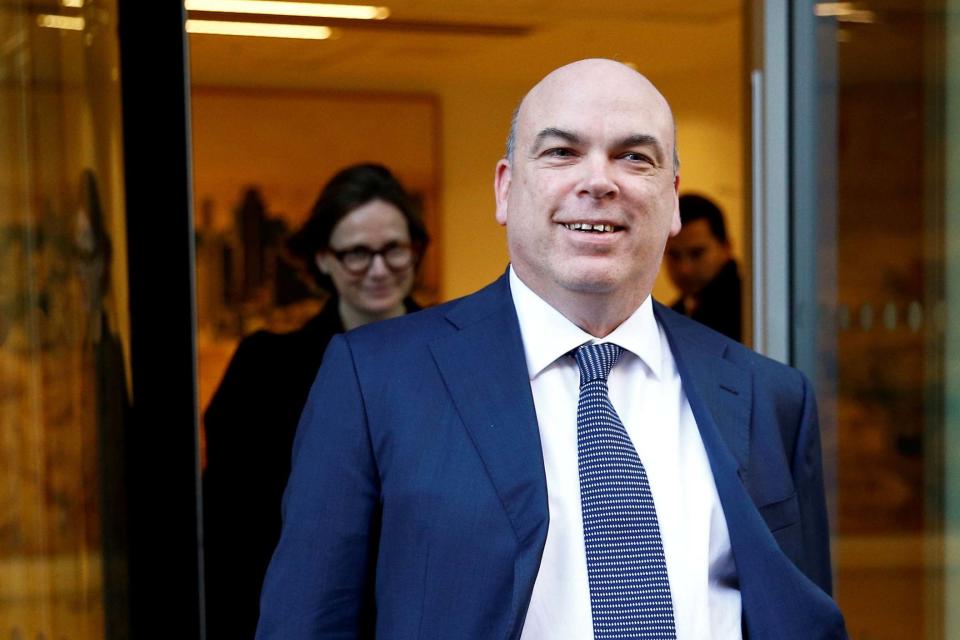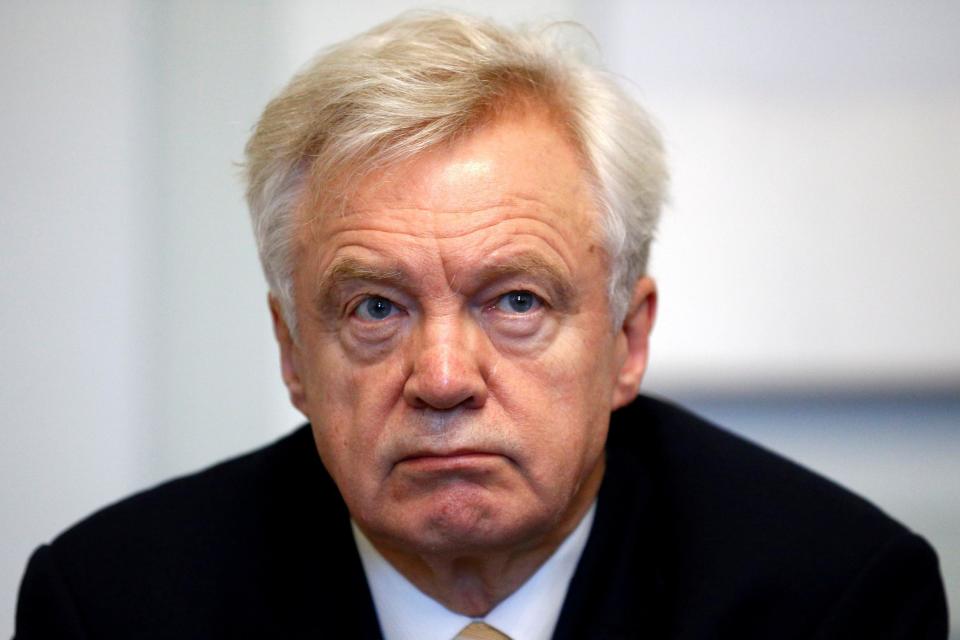Justice’s scales are lopsided in extradition treaty with US

Dr Mike Lynch should be a British success story. He co-founded a data-processing company called Autonomy, which by 2010 was Britain’s largest software company. In 2011, it was sold to HP for £7.1 billion. But later HP claimed that Autonomy was overvalued and sued Lynch for fraud in the UK. Lynch defended it strenuously. After a lengthy civil trial, Lynch is awaiting judgment.
But Lynch is now facing almost identical criminal charges in the US. Despite the Serious Fraud Office concluding there was no basis for a prosecution in the UK, the US authorities are pursuing his extradition. I raised his case in the House of Commons yesterday, and urge the Home Secretary to delay certifying his extradition until a UK court has had its say. Otherwise, we risk yet another serious miscarriage of justice.
Once again, the US and UK’s extradition treaty feels slanted in favour of the US. Since 2007, the UK has surrendered 135 UK nationals to the US, 99 of which were for non-violent crimes. During the same period the US has surrendered only 11 to the UK. This cannot be right.
Lynch now faces the same fate as the NatWest Three or Ian Norris, the former head of Morgan Crucible. In these cases, the UK system failed to protect them, and the US got its way. Most US cases are not in pursuit of terrorists, paedophiles or murderers — which is what the extradition treaty was designed for.

When we request a US extradition, that person can challenge it in the US courts on the basis that there is no “probable cause” for believing they are guilty. But there is no right for a UK citizen to have a “reasonable grounds” hearing before they are extradited to the US. The US Secretary of State also has far greater discretion to refuse an extradition than our Home Secretary. Just look at the rejected request for Anne Sacoolas, charged with causing Harry Dunn’s death by dangerous driving.
Prosecutors will almost certainly try to convince Lynch to admit his guilt to a lesser charge. They will promise a shorter sentence and remind him of the cost of a long trial. If he fights the case, prosecutors will bring multiple charges and oppose bail. The rules are set up for him to fail. He will be told he must run his defence from his cell where he can only have one ream of paper at a time. But Lynch’s civil trial involved more than 11 million documents. The US jails a higher percentage of its citizens than any other country. No doubt the fact that 97 per cent of cases are settled by plea bargain in the US is a big factor.
In the next decade, Britain and the US will develop even closer commercial bonds. Businesses developed by British inventors will look to merge with, or sell to, big US companies. If the current extradition treaty stands, every one of them will face a legal system stacked against them. In the interests of both countries, this has to change. We need to give British citizens and entrepreneurs the protection they deserve.
David Davis is MP for Haltemprice and Howden.

 Yahoo News
Yahoo News 